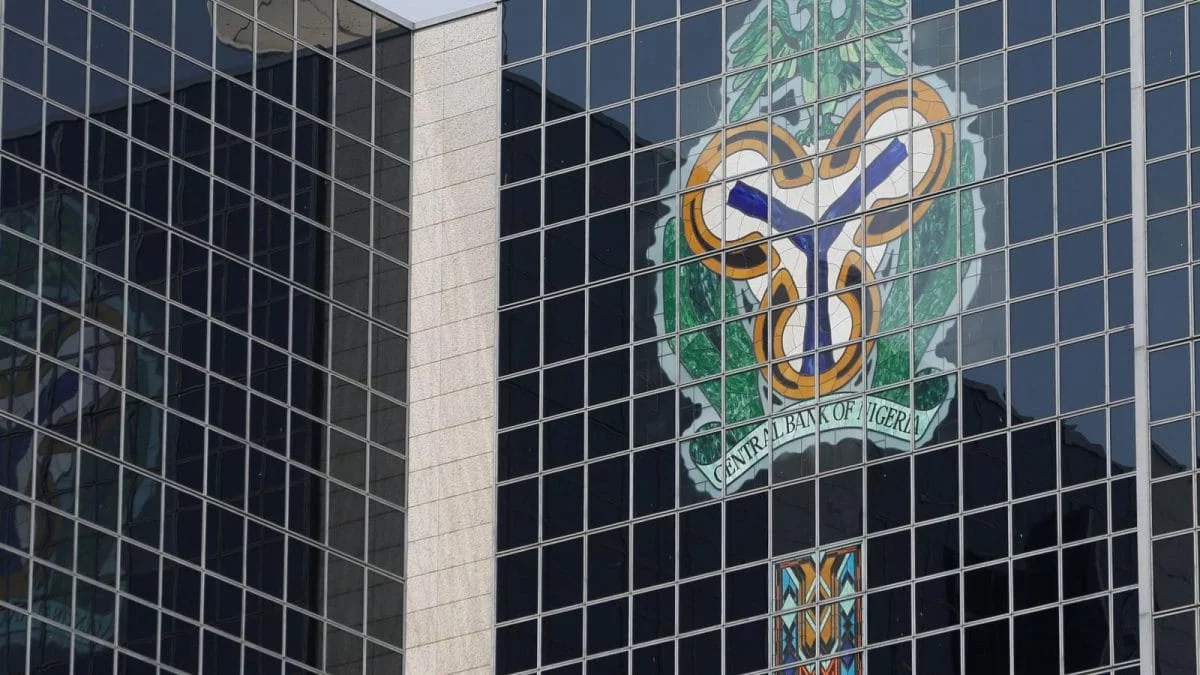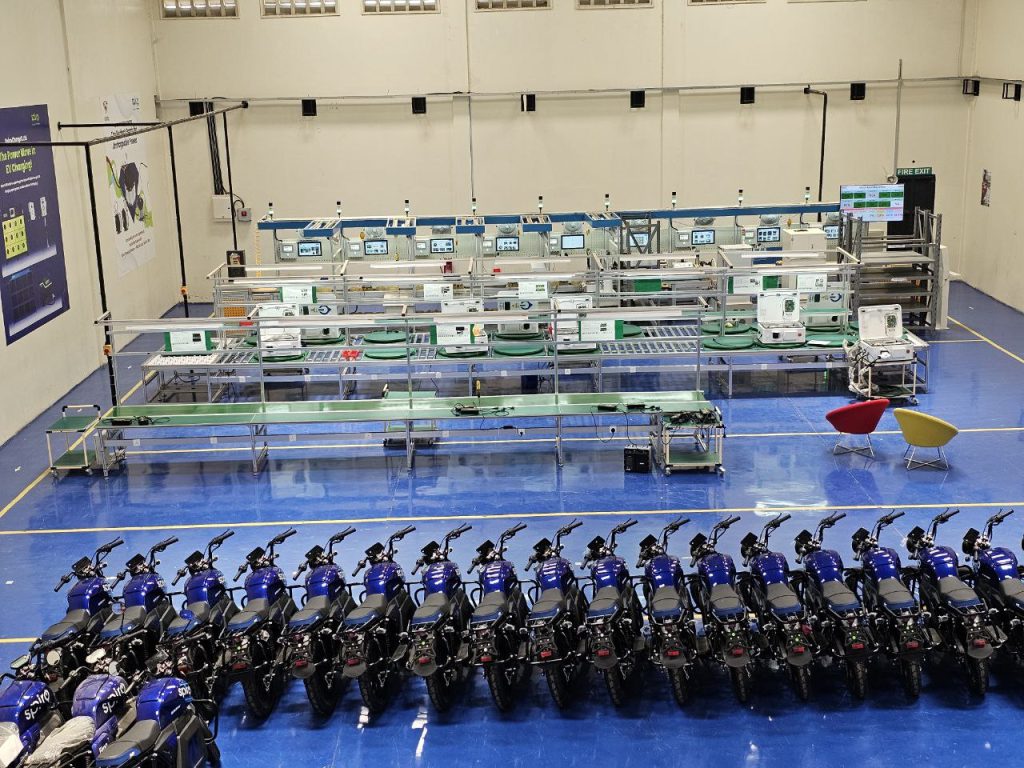After a month of relative stability, the naira began a slide against the dollar at the start of July. The naira weakened to ₦1,573 per dollar on Tuesday and slid further to ₦1,580 on Thursday, according to data from the FMDQ. Three street traders in Lagos quoted Thursday’s price at ₦1,581 to the dollar.
As the slide continued, street traders retreated in several parts of Lagos following reports that officials of the Economic and Financial Crimes Commission (EFCC) planned to make arrests. Two currency traders in Lagos told TechCabal they received a tip-off Thursday morning of planned raids in several popular street trading markets.
In February, over 100 FX traders were arrested for street trading. Other arrests were made in March and May 2024.
“Street trading of foreign currencies is not allowed,” Blaise Ijebor, CBN’s director for risk management, said in May 2024. “We don’t want BDCs under the trees. They should be in offices, you walk into their office, change your currency, and walk away.”
The Central Bank banned FX street trading in the first quarter of 2024 and tightened rules for Bureau de Change (BDC) licences.
Under those new rules, tier-one BDCs that operate nationally must meet a capital requirement of 2 billion naira from 35 million naira. The capital requirement for tier two BDCs was raised to ₦500 million. Over 4,000 BDCs will need to reapply for licences and have until Q4 2024 to meet the requirements.
The Central Bank has also restricted peer-to-peer trading on cryptocurrency apps, with several apps removing the naira-to-USD pair for users. The bank has also asked neobanks, perceived as popular among traders, to report customers who make FX trades.
While relative stability followed those unorthodox moves, the CBN’s seeming helplessness in the face of unstable prices will be a crucial talking point ahead of a monetary policy meeting next week.




















